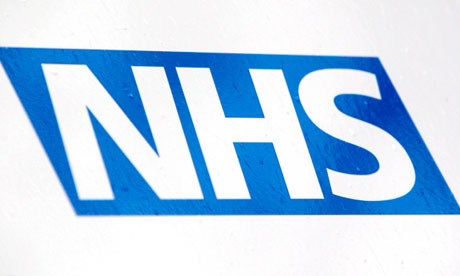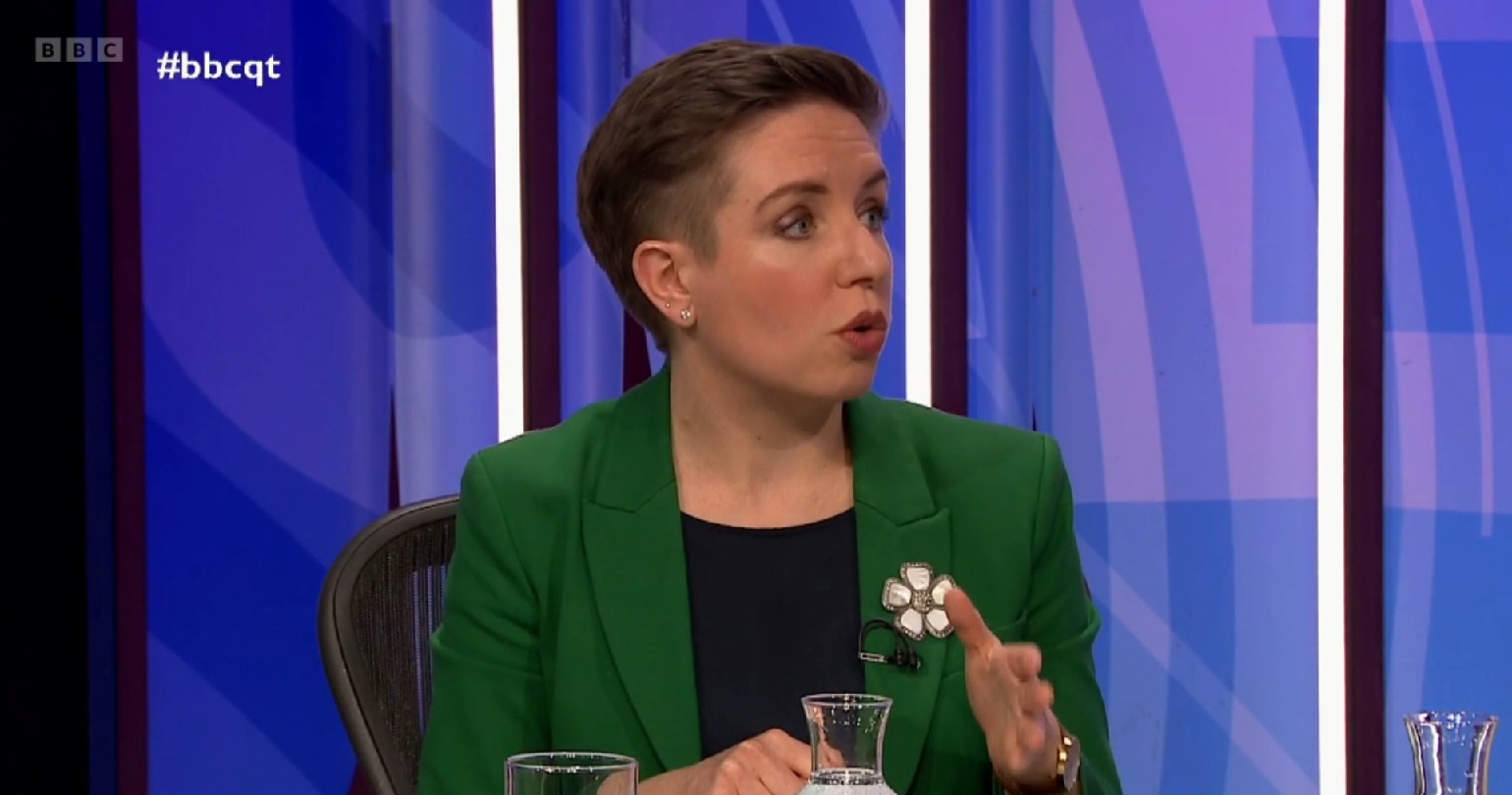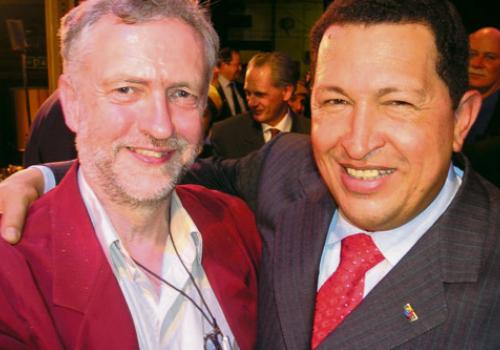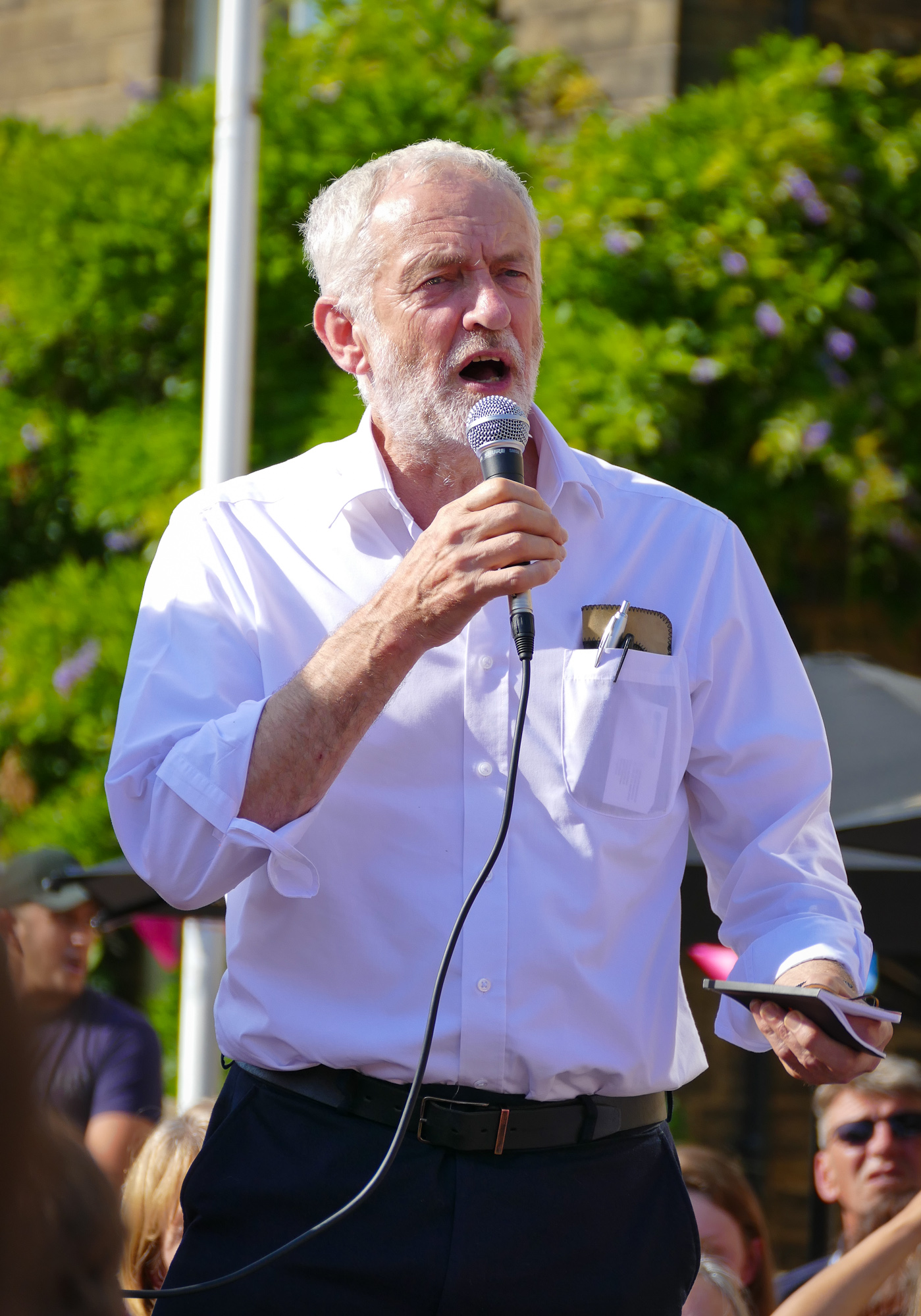Left Foot Forward EXCLUSIVE: Poll shows huge support for nationalisation of key industries and utilities
Privatisation has failed.
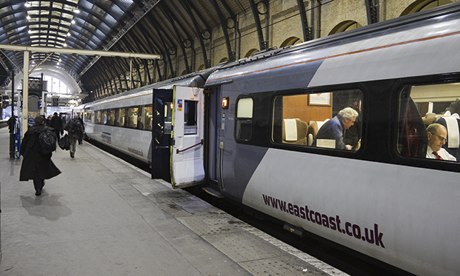
An exclusive poll for LFF shows huge public support for nationalisation of key industries and utilities, with the public having little confidence in the private sector, showing just how badly privatisation has failed.
Our poll shows that a majority of the public support public ownership of key industries and utilities like energy, water, railways, buses and the postal service – including among Conservative voters.
Buses: 67% want public ownership
67% of voters want to see buses in public ownership, with just 23% wanting private sector involvement. Support for public ownership of buses is highest among 18-24 year olds at 77%, with 64% of those aged 65 and over also supporting public ownership.
When it comes to party affiliation, a majority of Conservative Party voters want to see buses in public ownership (61%) as do Labour voters (72%) and Lib Dem voters (66%).
Water: 73% want public ownership
When it comes to water companies, 73% of voters want public ownership of water companies, compared to 18% who want them to be run by the private sector. Once again, a majority of Tory voters also want to see public ownership (70%) as do Labour voters (81%) and Lib Dem voters (77%). 88% of Green Party voters also want to see water companies taken into public ownership.
Railways: 70% support for public ownership
…
Energy: 65% want public ownership
…
Postal service: 70% want public ownership
…
NHS: 81% want public sector involvement only
…
